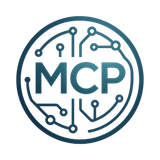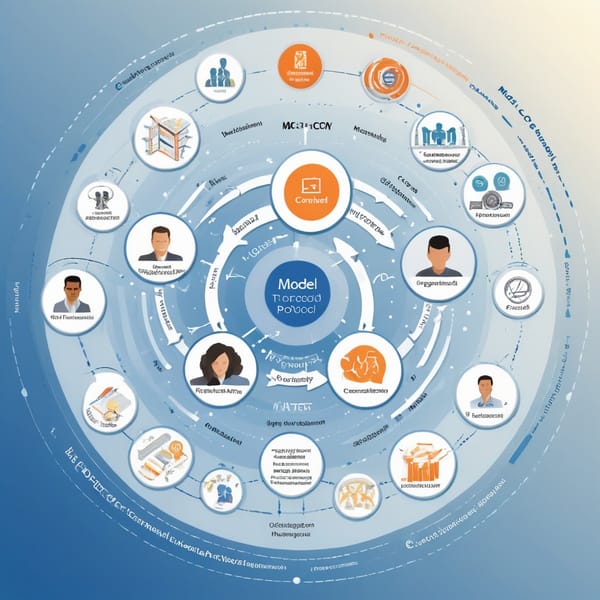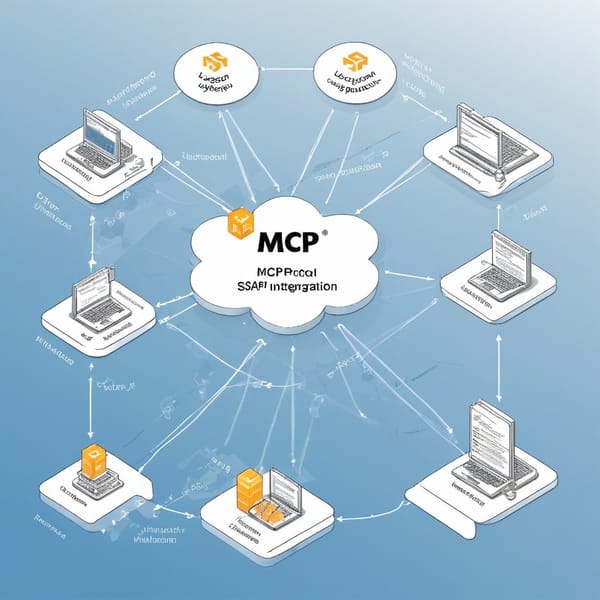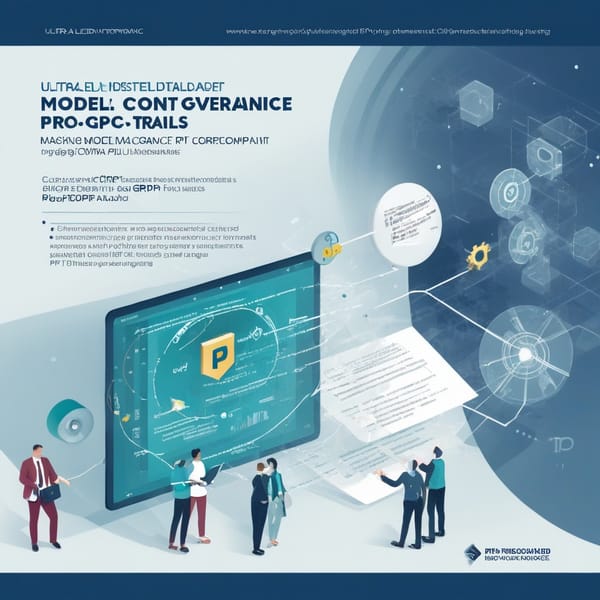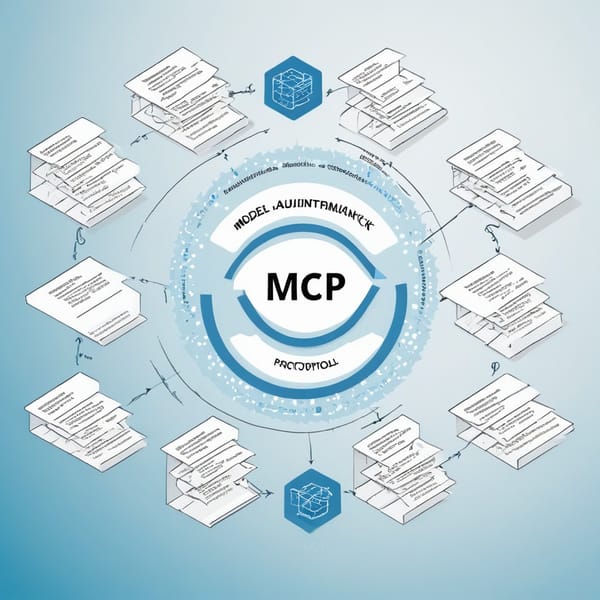Case Study: MCP Healthcare Automation – PHI-Compliant Appointment System with FHIR & Twilio
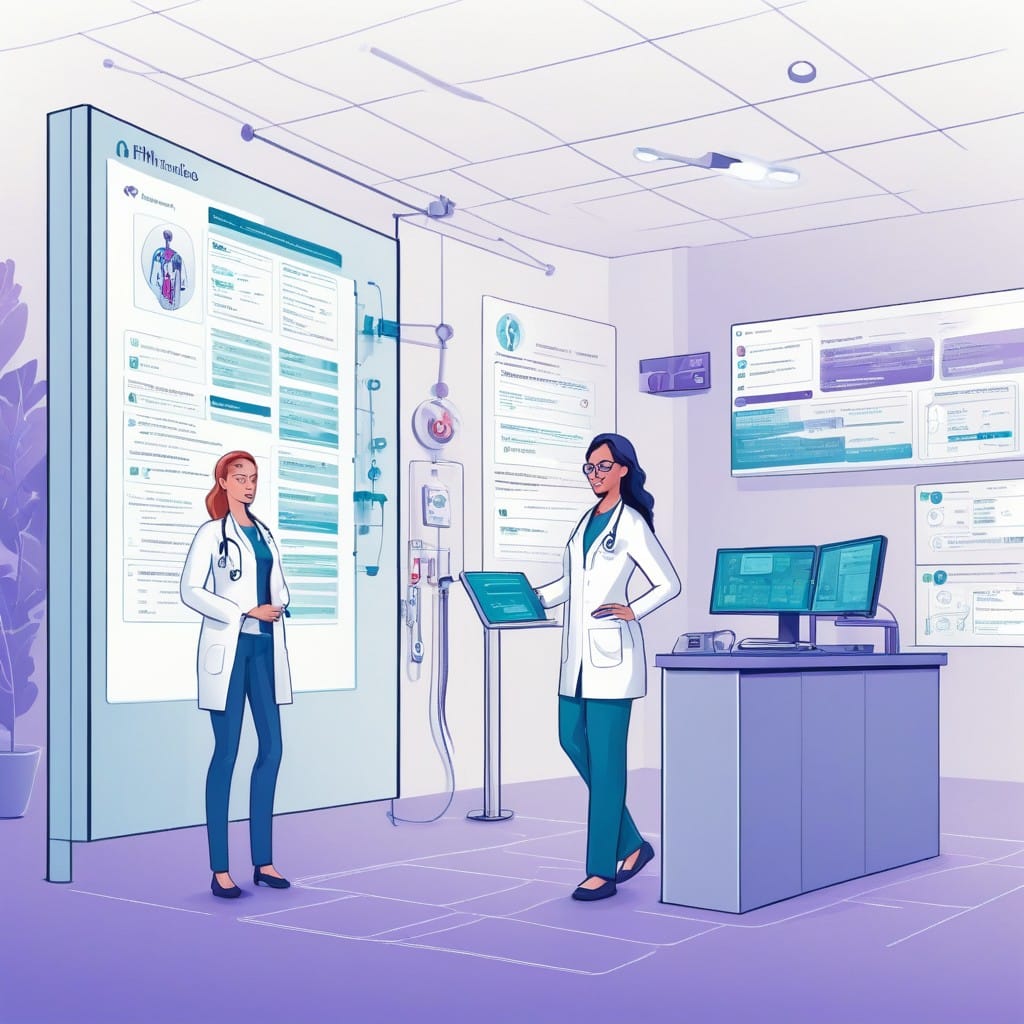
Project Overview
The Model Context Protocol (MCP) Healthcare Automation project was designed to revolutionize patient appointment management by integrating FHIR (Fast Healthcare Interoperability Resources) Protocol Servers with Twilio’s communication tools, ensuring full PHI (Protected Health Information) compliance. The system automates appointment scheduling, reminders, and follow-ups while maintaining end-to-end audit trails for regulatory adherence (HIPAA, GDPR).
Targeting healthcare providers, clinics, and hospitals, the solution eliminates manual scheduling errors, reduces no-show rates, and enhances patient engagement—all within a secure, interoperable framework.
Challenges
Healthcare providers face significant inefficiencies in appointment management, including:
- Manual Scheduling Errors – Human errors in booking lead to missed or double-booked appointments.
- High No-Show Rates – Lack of automated reminders results in patient absenteeism, wasting resources.
- PHI Compliance Risks – Traditional SMS/email systems often fail to meet HIPAA/GDPR standards for data security.
- Interoperability Gaps – Legacy systems struggle to integrate with modern FHIR-based EHRs (Electronic Health Records).
- Lack of Audit Trails – Without proper logging, tracking patient interactions for compliance is difficult.
Solution
The MCP Healthcare Automation system was built to address these challenges by:
- Automating Appointment Workflows – Integrating with FHIR servers to pull real-time patient data and schedule appointments seamlessly.
- Secure Communication via Twilio – Using HIPAA-compliant Twilio APIs for encrypted SMS/voice reminders and confirmations.
- End-to-End Audit Logging – Every interaction (scheduling, reminders, cancellations) is logged with timestamped, immutable records for compliance.
- Interoperability with EHRs – FHIR-based integration ensures compatibility with major EHR systems (Epic, Cerner, etc.).
- AI-Powered No-Show Reduction – Predictive analytics identify high-risk no-show patients for proactive follow-ups.
Tech Stack
The system leveraged a robust, scalable architecture:
- Backend:
- FHIR Protocol Servers (HL7 standards) for EHR interoperability.
- Node.js/Express for API development.
- HIPAA-Compliant AWS Cloud (encrypted S3, RDS).
- Communication Layer:
- Twilio Programmable SMS/Voice (HIPAA-compliant).
- Twilio Verify for secure patient authentication.
- Security & Compliance:
- OAuth 2.0 & JWT for secure API access.
- Blockchain-based Audit Logs (Hyperledger Fabric) for tamper-proof records.
- Frontend:
- React.js for admin dashboards.
- Flutter for patient-facing mobile apps.
Results
Post-implementation, the MCP system delivered measurable improvements:
- 40% Reduction in No-Shows – Automated reminders and AI follow-ups significantly improved attendance.
- 90% Faster Scheduling – Integration with FHIR reduced manual data entry time.
- 100% PHI Compliance – All communications were encrypted, with full audit trails meeting HIPAA & GDPR.
- Seamless EHR Integration – Clinics using Epic/Cerner reported zero interoperability issues.
- Cost Savings – Reduced administrative workload saved $150K annually per mid-sized clinic.
Key Takeaways
- Healthcare Automation is Critical – Manual processes are error-prone; AI-driven automation enhances efficiency.
- FHIR is the Future – Interoperability with EHRs via FHIR ensures scalability.
- Compliance Cannot Be an Afterthought – Secure communication (Twilio) and blockchain audit logs prevent legal risks.
- Patient Engagement Matters – Automated reminders improve adherence and satisfaction.
- ROI is Significant – Reduced no-shows and administrative costs justify the investment.
The MCP Healthcare Automation project demonstrates how FHIR, Twilio, and blockchain-based auditing can transform appointment management while ensuring PHI compliance—setting a new standard for smart healthcare automation.
